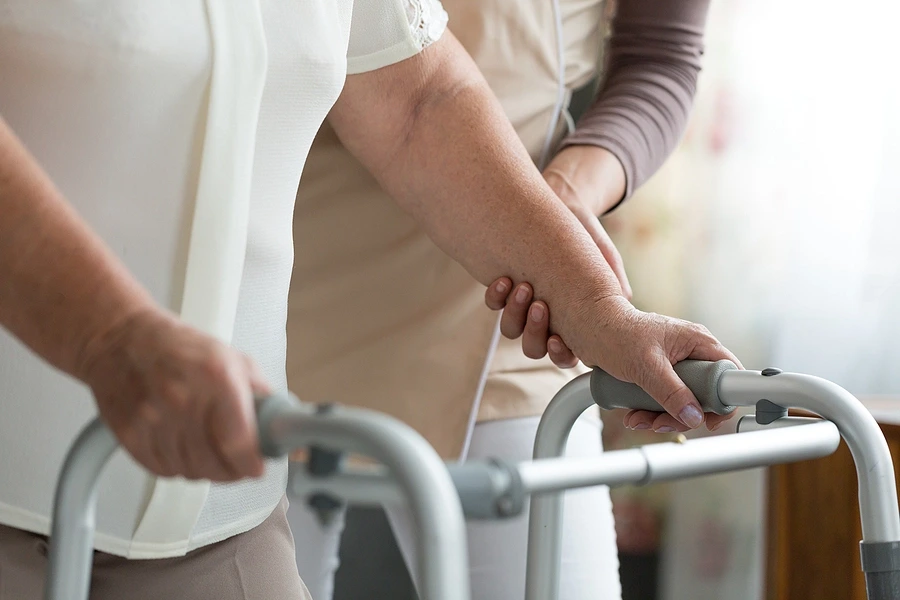Falling Through the Cracks: Addressing Fall-Related Negligence in Nursing Homes

In the realm of elder care, preventing falls stands as a critical priority for nursing homes across Florida. When residents experience falls due to negligence or inadequate care, the consequences can be severe, leading to injuries, decreased quality of life, and even fatalities. Addressing fall-related negligence requires a concerted effort from nursing home staff, administrators, and families alike.
First and foremost, it’s essential for nursing homes to implement comprehensive fall prevention protocols. This includes conducting thorough assessments of residents’ mobility and fall risk factors upon admission and regularly thereafter. By identifying residents at risk of falling, nursing homes can tailor care plans to mitigate these risks and provide appropriate supervision and assistance as needed.
Furthermore, nursing home staff must receive adequate training in fall prevention techniques and protocols. This includes proper lifting and transferring techniques, recognizing signs of instability or dizziness in residents, and knowing when to seek assistance to prevent falls. Ongoing education and reinforcement of these protocols are crucial to ensuring staff members remain vigilant and proactive in preventing falls.
In addition to staff training, nursing homes should also invest in environmental modifications to reduce fall hazards within the facility. This can include installing grab bars in bathrooms, ensuring adequate lighting in hallways and common areas, and removing obstacles or tripping hazards from residents’ living spaces. By creating a safe and accessible environment, nursing homes can significantly reduce the risk of falls among residents.
Family involvement is also key in addressing fall-related negligence in nursing homes. Families should communicate openly with facility staff about their loved one’s fall risk factors and advocate for the implementation of appropriate preventive measures. Additionally, families should stay informed about any incidents or near-misses involving falls and raise concerns with facility management if necessary.
In the unfortunate event that a fall does occur due to negligence or inadequate care, families should take prompt action to ensure their loved one receives proper medical attention and documentation of the incident. This may include seeking outside medical evaluation, documenting any injuries sustained, and reporting the incident to facility management and regulatory authorities as appropriate.
Legal recourse may also be pursued in cases of fall-related negligence in Florida nursing homes. Families should consult with a qualified attorney who specializes in elder law or personal injury cases to explore their options for seeking justice and compensation for their loved one’s injuries and losses.
Conclusion
Preventing falls is a paramount concern in addressing negligence within Florida nursing homes. By implementing comprehensive fall prevention protocols, providing staff training and education, making environmental modifications, and fostering family involvement, nursing homes can create a safer and more secure environment for their residents. Together, we can work towards reducing the incidence of fall-related negligence and ensuring the well-being and dignity of our elderly loved ones.